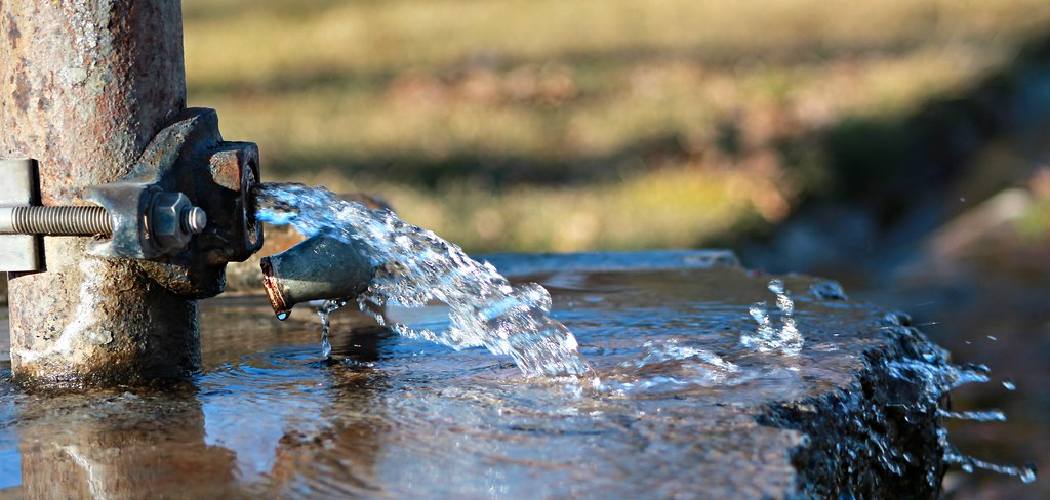fixing them quickly, you can avoid wasting large amounts of water and also save on your utility costs in the long run. Similarly, if there is a leak in the outside of your property, such as in the garden or on the driveway, it can damage your property if left unchecked. In this blog post, You will learn in detail how do you know if you have a water leak.
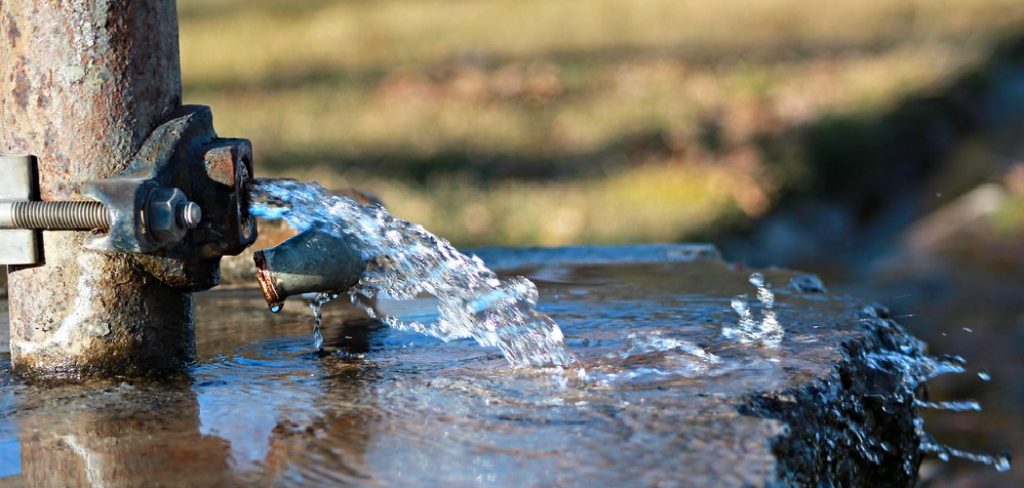
Step-by-Step Processes for How Do You Know if You Have a Water Leak
Step 1: Inspect the Leakage Area
Look for any visible signs of water leakage. Check possible locations where a leak could occur, such as around pipes, valves, appliances, and your water meter. Listening closely can help you identify if you have a water leak. You may have a water leak if you hear any unusual hissing, dripping, or rushing sounds.
Step 2: Check Your Water Meter
Turn off all the faucets and appliances in your home that use water. Then check the reading on your water meter; if it is still running when everything is turned off, then you likely have a water leak. If you have seen a sudden or sharp increase in your water bill, then it is likely due to a water leak in the home.
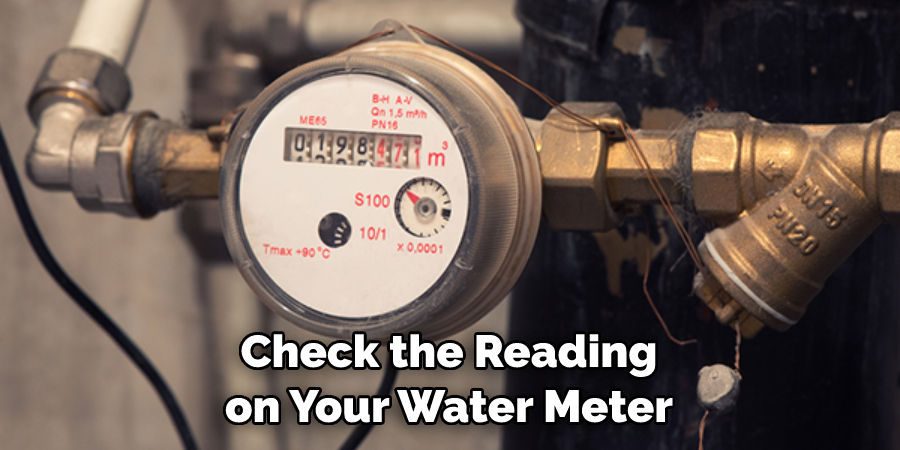
Step 3: Use a Leak Detection Device
An electronic leak detection device can be used to locate leaks within the walls or underground pipes. These devices use infrared or sound waves to detect hidden water leaks. A moisture meter uses an internal probe to measure the amount of moisture in walls, floors, and other areas. They are useful if you suspect a leak is developing but can’t see it.
Step 4: Check for Mold or Mildew
If you notice any mold or mildew in your home, it could be a sign of a water leak. Water leaks can also cause damp spots and stains on walls, ceilings, and floors. Examine your home’s foundation and walls for small cracks, which could be an indication of a water leak.
Step 5: Contact a Professional Plumber
If you think that you have a water leak or are unsure of what is causing it, contact a professional plumber to assess the situation. A professional plumber can help identify and resolve water leak problems quickly and efficiently.
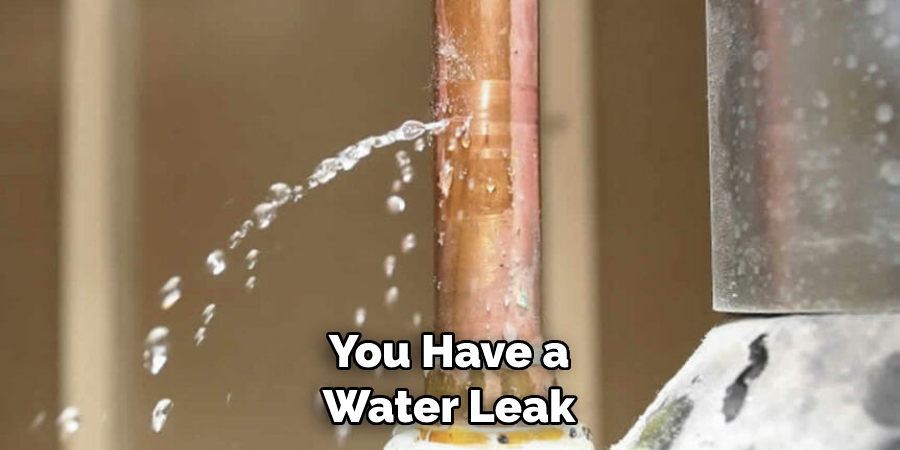
These are the steps for Knowing if You Have a Water Leak. It is important to take note of any potential signs of water leakage, listen for unusual sounds coming from your pipes, check your water meter regularly, and contact a professional plumber immediately if you suspect a water leak.
Precautions for How Do You Know if You Have a Water Leak
- Keeping an eye on the water meter can alert you to any unexpected increases in usage that could be a sign of a leak.
- If there is standing water around, puddles forming, bubbling paint or wallpaper, wet floors, or water stains in the ceiling, these are indicators that there could be a water leak.
- If you can hear the sound of running water from toilets, faucets, and sinks when they’re not in use, it could point to a hidden leak somewhere in your plumbing system.
- If you find soggy patches of soil or grass, this could be an indication that water is coming up through and out of the ground due to a leak below.
- An unexpectedly high water bill can be a telltale sign that there is a water leak somewhere.
- If you can access them, look for any signs of corrosion, cracks, breaks, or loose pipe connections that could point to a water leak.
- Having an experienced plumber periodically check the condition of your pipes and fixtures can help detect any leaks early on.
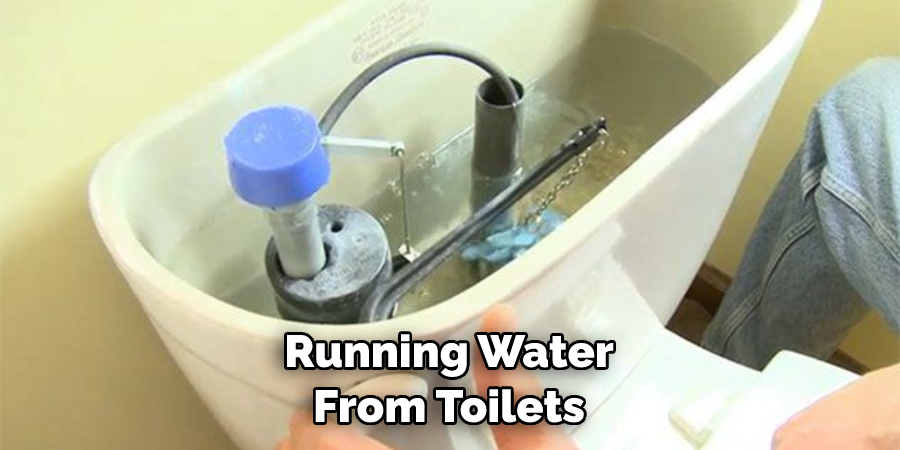
Taking these precautionary steps will ensure that you are able to identify if you have a water leak quickly and take the necessary action to repair it before it causes further damage.
Is There Water Leaking From Any of Your Pipes, Fittings, or Fixtures?
One of the most obvious signs that you may have a water leak is if you see water coming from any of your pipes, fittings, or fixtures. If there is water pooling around them, dripping down the walls, or appearing in places it shouldn’t be – this is an indication that there could be a problem lurking underneath. If you can locate the water’s source, it’s important to stop using all of your fixtures until the issue is fixed.
This could prevent more damage from occurring and help you stay safe while repairs are being made.
If your leak is located in a tiled area, it may be difficult to locate the source of the leak. In this case, it’s best to call a plumber who can quickly and accurately diagnose what is going on and help you fix the issue as soon as possible. It’s also important to note that not all water leaks are visible.
If your pipes have become old or have been improperly installed, you may have a hidden water leak that can cause damage to your home and increase your monthly water bill. That’s why it’s important to keep an eye on your water meter and regularly check for any signs of high water usage.
Do You See Water Stains Around Windows or Door Frames?
One of the telltale signs of a water leak is wet or stained spots around window and door frames. So if you notice any discoloration, staining, or other areas that appear wet near door or window frames, it may be an indication that water has been leaking for some time It is important to look closely at these areas as water can also seep in through small cracks or crevices and cause damage.
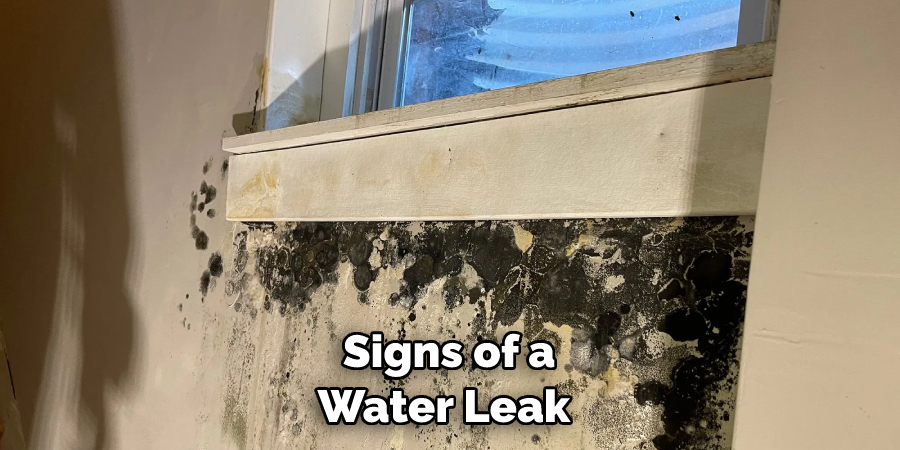
Another area to inspect for water stains is behind furniture, appliances, and other objects that are located close to the wall. Water can accumulate in these areas without you noticing it until the stain appears. If there are any visible signs of discoloration, warping, or dampness near these items, chances are that there is a water leak.
In addition to windows and door frames, look for other signs of staining on walls, ceilings, and floors. If you notice any warping or buckling in the flooring, it could mean that there is a water leak underneath. Also, check for cracks in the foundation or walls that could be caused by water infiltration.
Does Your Toilet Constantly Run When It Is Not Being Used?
If you notice that your toilet is constantly running or making noises even when it is not being used, this could be a sign of a water leak. You can perform an easy test to help determine if the issue lies within the tank. First, check to see if there are any signs of water leaking from around the base of the toilet (which could be a sign of a cracked toilet).
If there is no visible water around the base, flush the toilet and listen for any dripping or running noises. If you hear any coming from inside the tank, this could indicate an issue with the flapper or fill valve within the tank, which may need to be replaced.
Another way to tell if you have a water leak is to check your water meter readings. If they do not match up with what you expect, or if it appears that your meter is running when the water is off, then this could indicate that you have a leak. You can also do a simple dye test to help figure out if there are any undetected leaks in your plumbing system.
Simply place a few drops of food coloring or soap into the back and toilet tank and wait for about 15 minutes.
Is the Water Heater Leaking From Any of Its Fittings or Connections?
If you suspect a water heater leak, the most likely cause is a faulty gasket or fitting at one of its many connection points. Because water heaters typically have several of these components, inspect each one carefully to identify any potential problems. You should also check for signs of corrosion, which can indicate a weak seal.
If you’re having difficulty pinpointing the source of a water heater leak, look for evidence around the unit itself. Any accumulation of moisture or standing pool of water is a strong indication that there’s a problem either in the plumbing connections or within the tank itself.
If you find any signs of corrosion or leaks at one of your water heater’s fittings or connectors, it’s important to take steps to address the issue immediately. Replacing the affected parts is typically an easy DIY project that can be completed in a few simple steps. Otherwise, contact a local plumber for help with repairs.
By inspecting your water heater fittings and connections regularly, you can help ensure that your unit is functioning properly and free of leaks. If you ever have any doubts about the condition of a component or fitting, it’s always best to contact a professional for assistance.
Conclusion
In conclusion, if you suspect that you have a water leak, there are several signs to watch out for. These include increased water bills, wet spots on walls or floors, unusual sounds coming from the pipes, and musty odors. It is important to act quickly when dealing with water leaks as they can cause serious damage to your home and cost you a lot of money.
If you think that you have a water leak, it is best to contact a professional plumbing company as soon as possible. They will be able to identify the source of the issue and provide solutions to help fix the problem. I hope this article has been beneficial for learning how do you know if you have a water leak. Make Sure the precautionary measures are followed chronologically.

